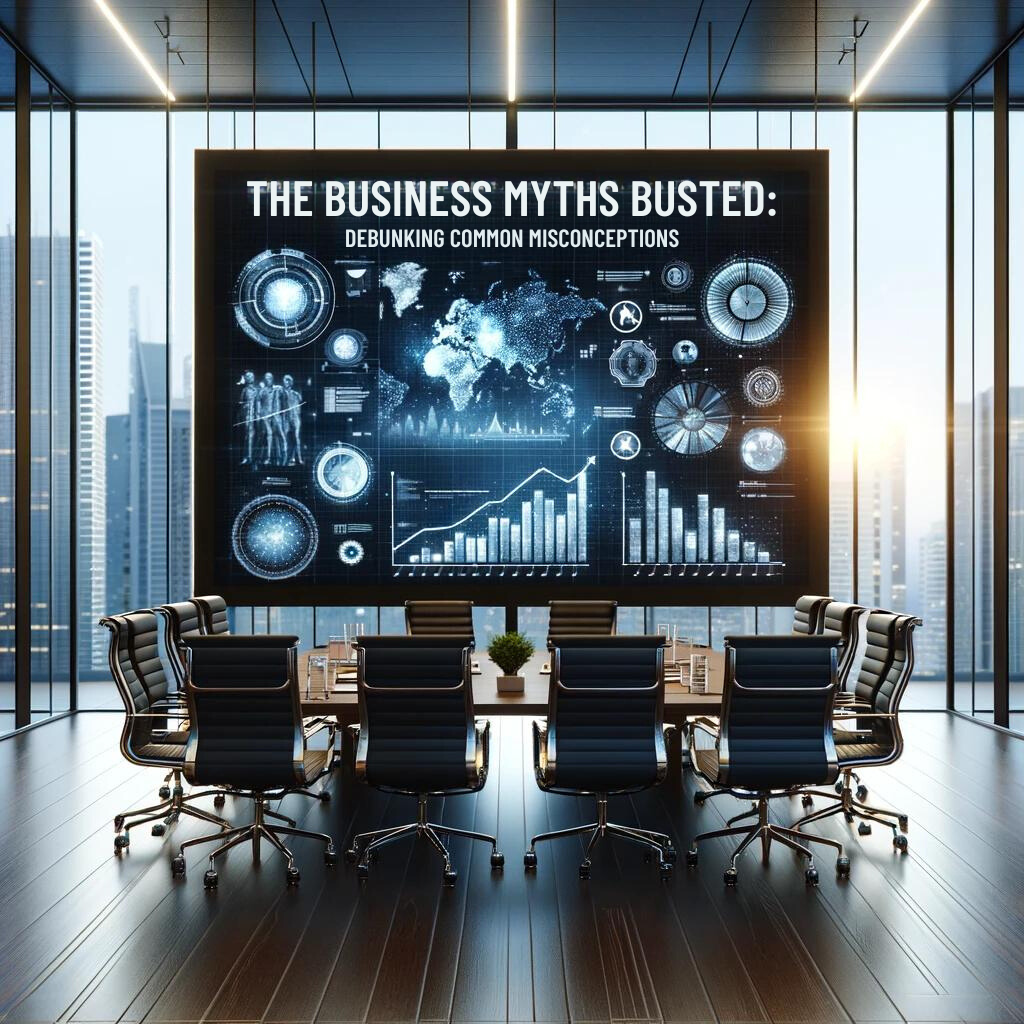-

The Business Myths Busted: Debunking Common Misconceptions
The Business Myths Busted: Debunking Common Misconceptions Starting a business can feel like navigating a

Fresno, CA USA

9AM – 6PM

Support@BeUncommon247.com


Fresno, CA USA

9AM – 6PM

Support@BeUncommon247.com


The Business Myths Busted: Debunking Common Misconceptions Starting a business can feel like navigating a